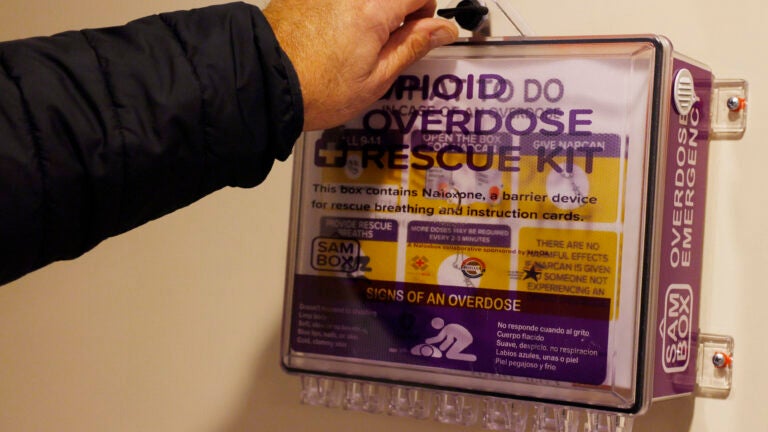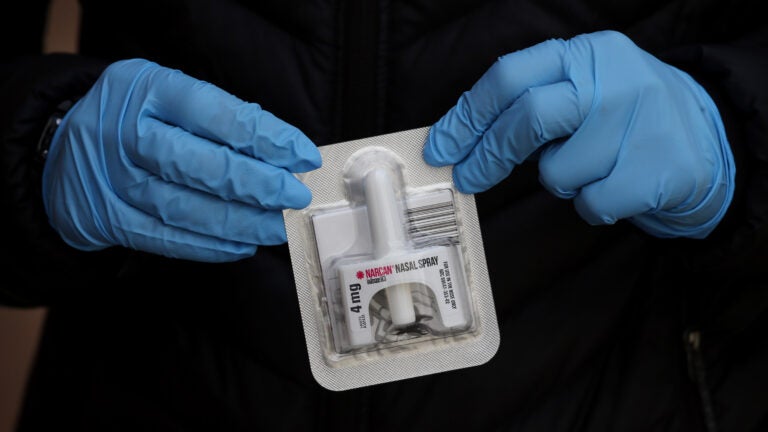Local News
The bill seeks to expand a pilot program that installed naloxone at five Red Line stations.

The Massachusetts Senate is considering a proposal to add naloxone – a life-saving medication that can reverse overdoses – at all MBTA stations, in an effort to address the state’s opioid crisis.
The bill, S. 2398, was petitioned by Sen. John Keenan in February, and seeks to expand a pilot program that began in the summer of 2024 to install naloxone – commonly referred to by its brand name, Narcan – at five Red Line stations.
At a Joint Committee on Transportation hearing on Tuesday, Keenan (who represents several South Shore communities, including Braintree and Quincy along the Red Line) said it is crucial that naloxone be available at all MBTA stations, not just a select few.
“You just don’t want to see anybody die in our transit system,” he said, adding that the presence of naloxone in transit hubs should be “as common as fire extinguishers [and] lightbulbs.”
The bill proposes placing naloxone at all MBTA Blue, Green, Orange, and Red subway stations. Each station would have two freestanding, unalarmed naloxone boxes containing two units of four-milligram intranasal naloxone spray. The boxes would be monitored daily and flyers would be posted around the box with information about naloxone and instructions on how to use it.
The legislation would also establish an oversight system to monitor the effectiveness of the program by requiring the MBTA to file a report with the Senate and House of Representatives analyzing the benefits and costs of the program. The T was required by law to file a report on the Red Line naloxone program by Sept. 1, but has not yet done so, Keenan said.
In addition, Keenan has proposed a separate bill (S.1551) to establish a trust fund to financially support naloxone distribution in the state.
Massachusetts had 2,387 overdose deaths in 2023, Keenan said. The next year, the number of opioid-related overdose deaths fell to 1,336, according to the state’s Bureau of Substance Addiction Services dashboard. Boston had 171 overdose deaths in 2024, a 39% decrease from the year prior, the dashboard shows.
Despite the strides made to reduce the number of overdose deaths, Keenan said the state shouldn’t stop fighting to address the opioid crisis.
“While those numbers have shifted and are dropping, we can’t let up – and naloxone was a big part of that drop in numbers,” he said at the hearing.
Sign up for the Today newsletter
Get everything you need to know to start your day, delivered right to your inbox every morning.





